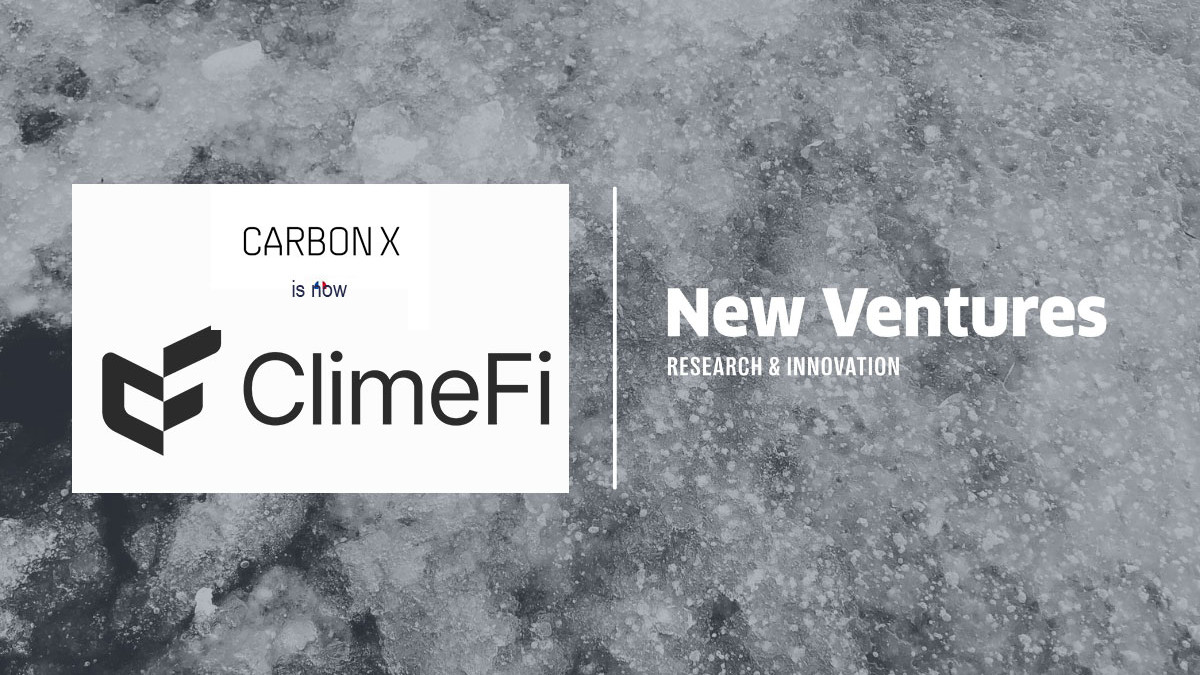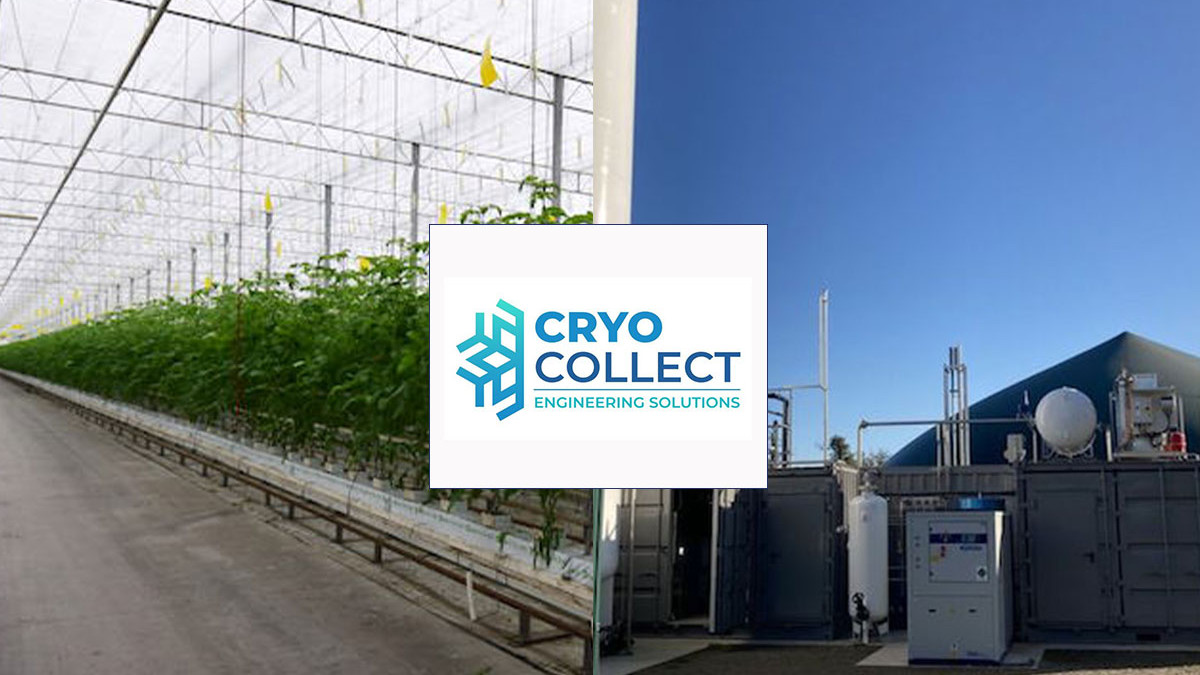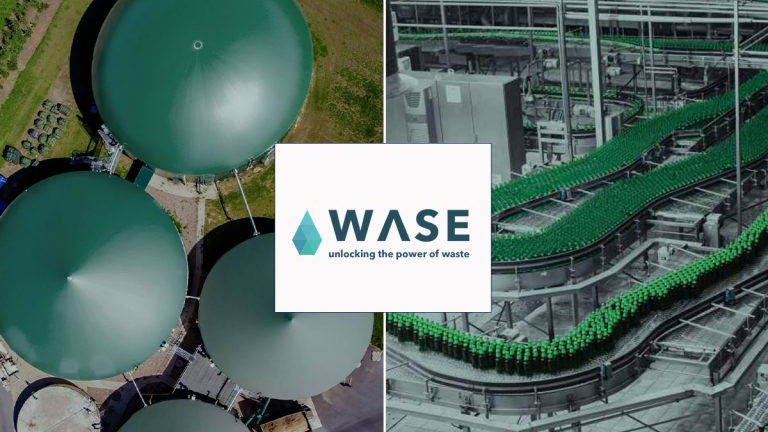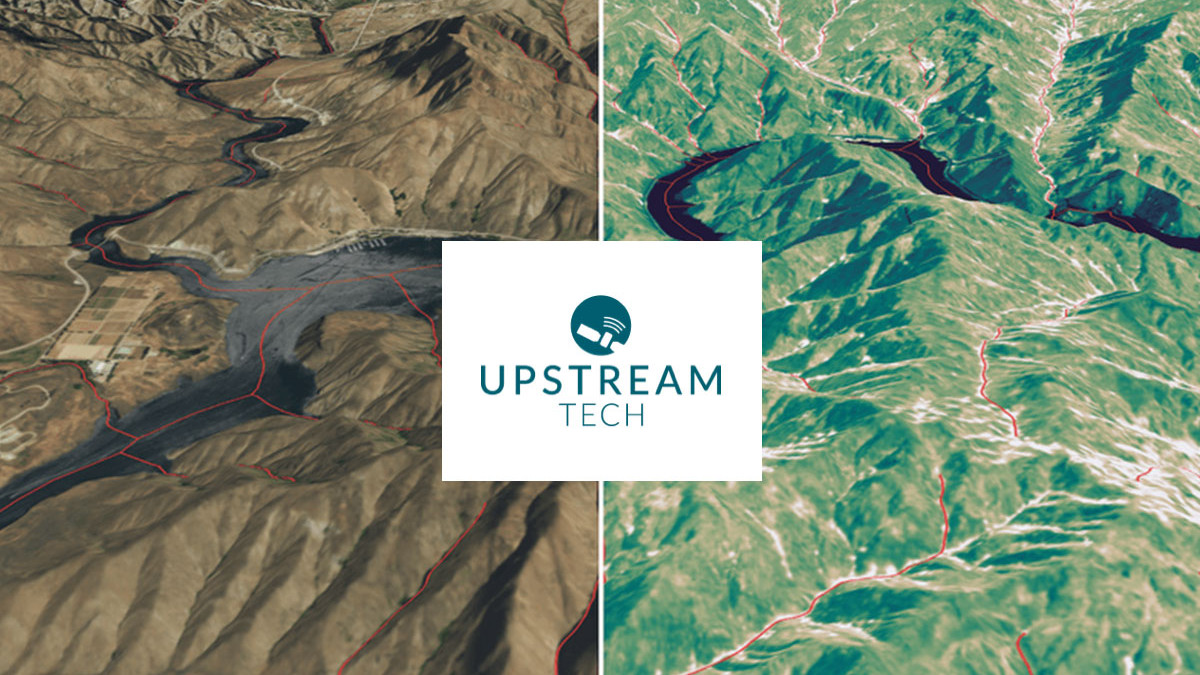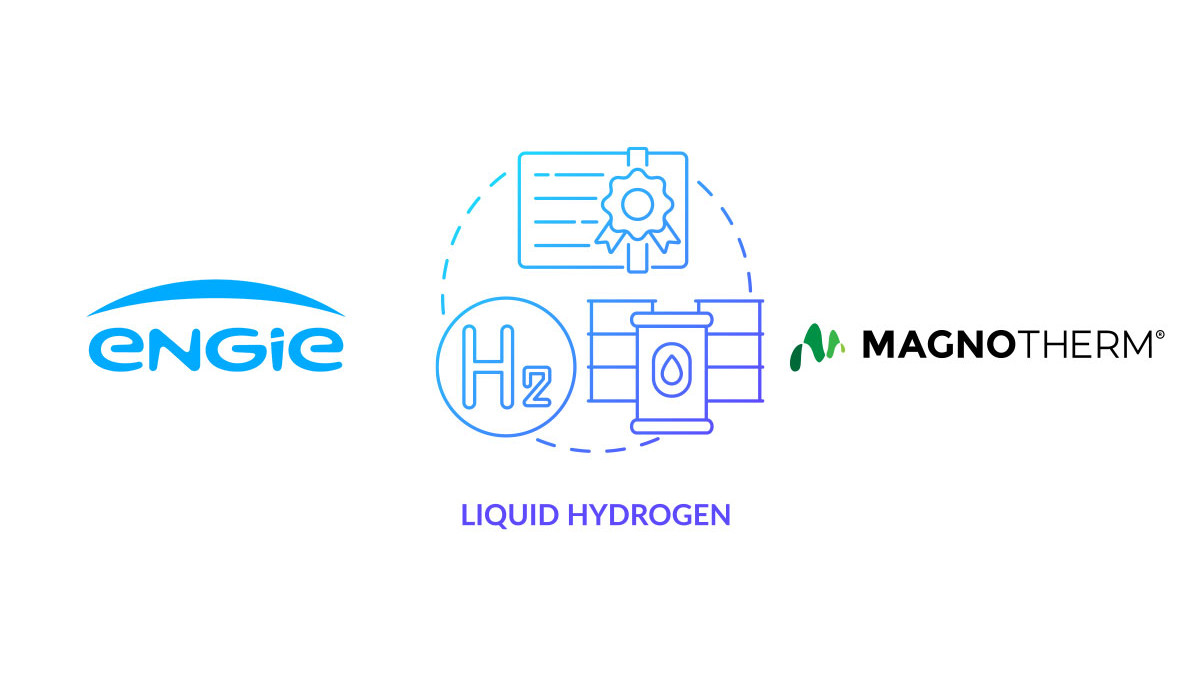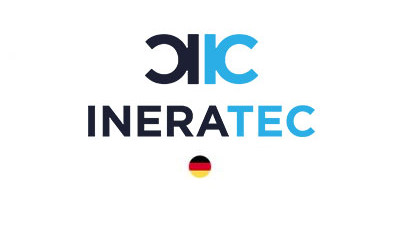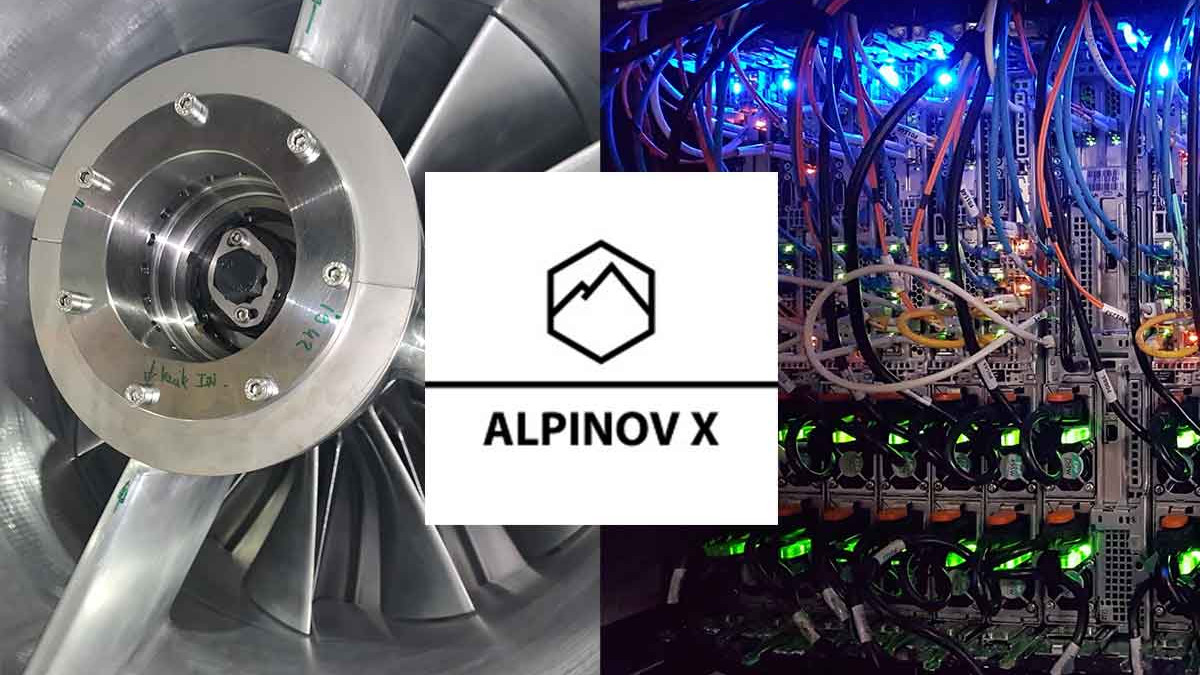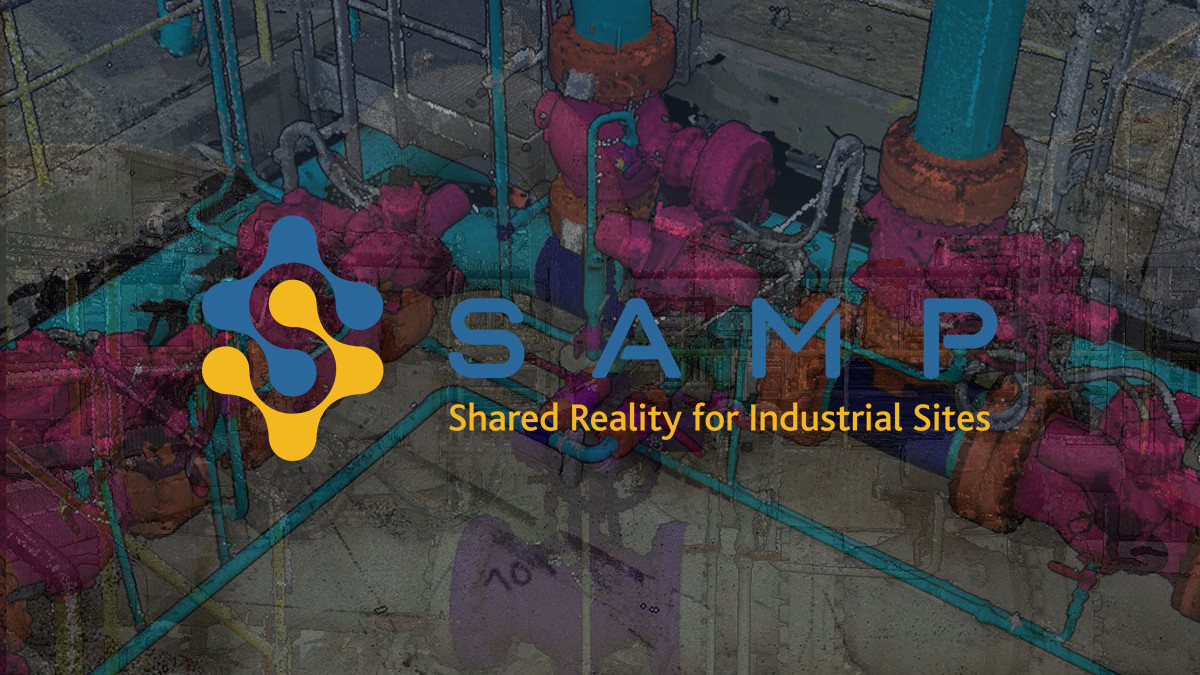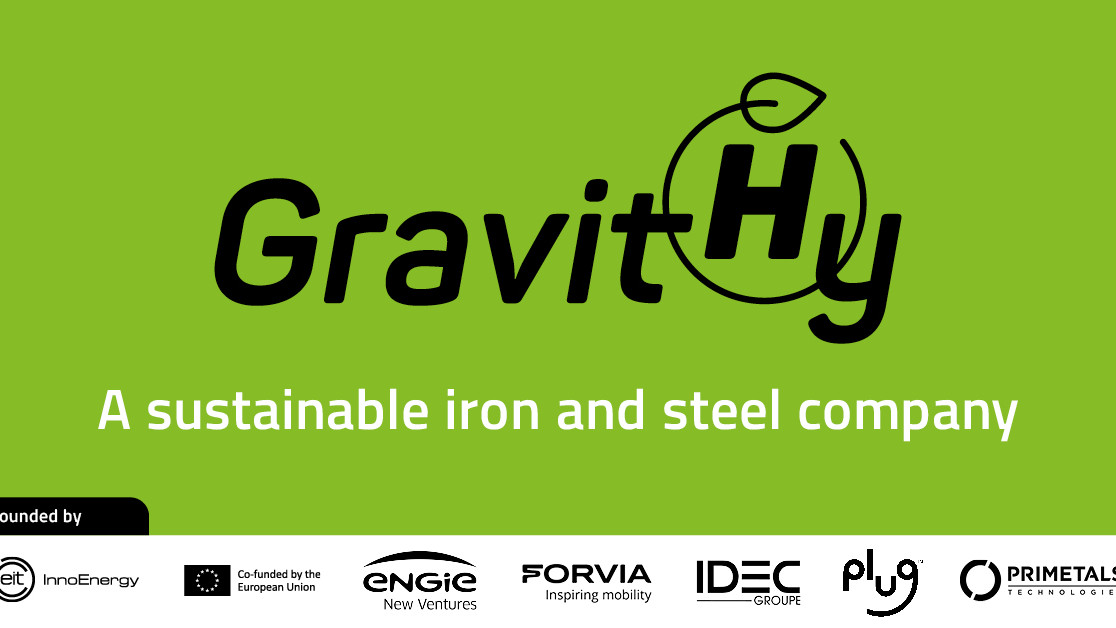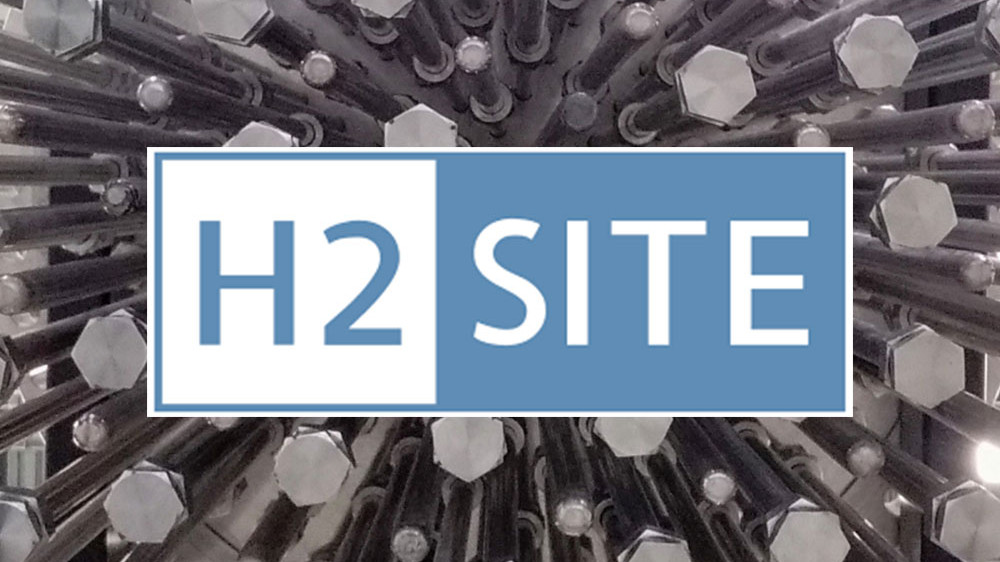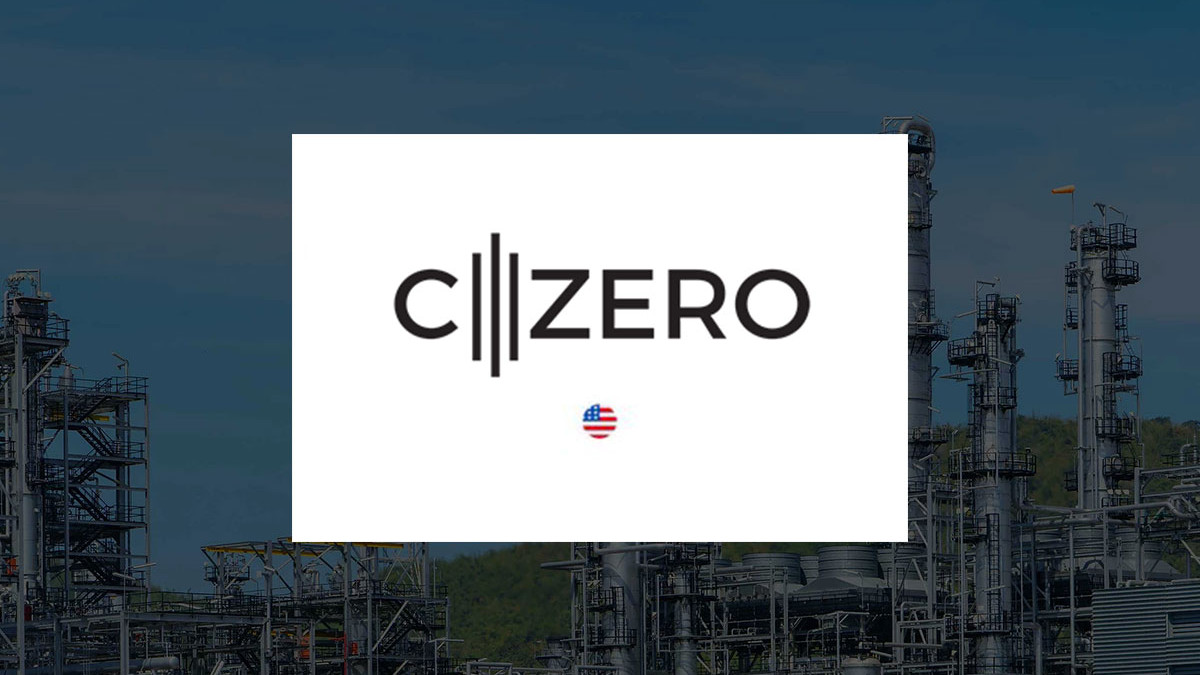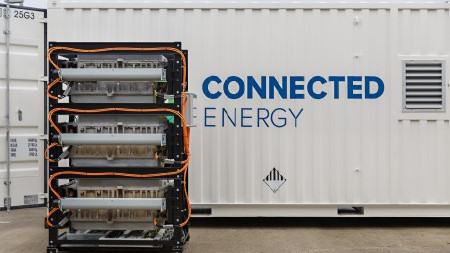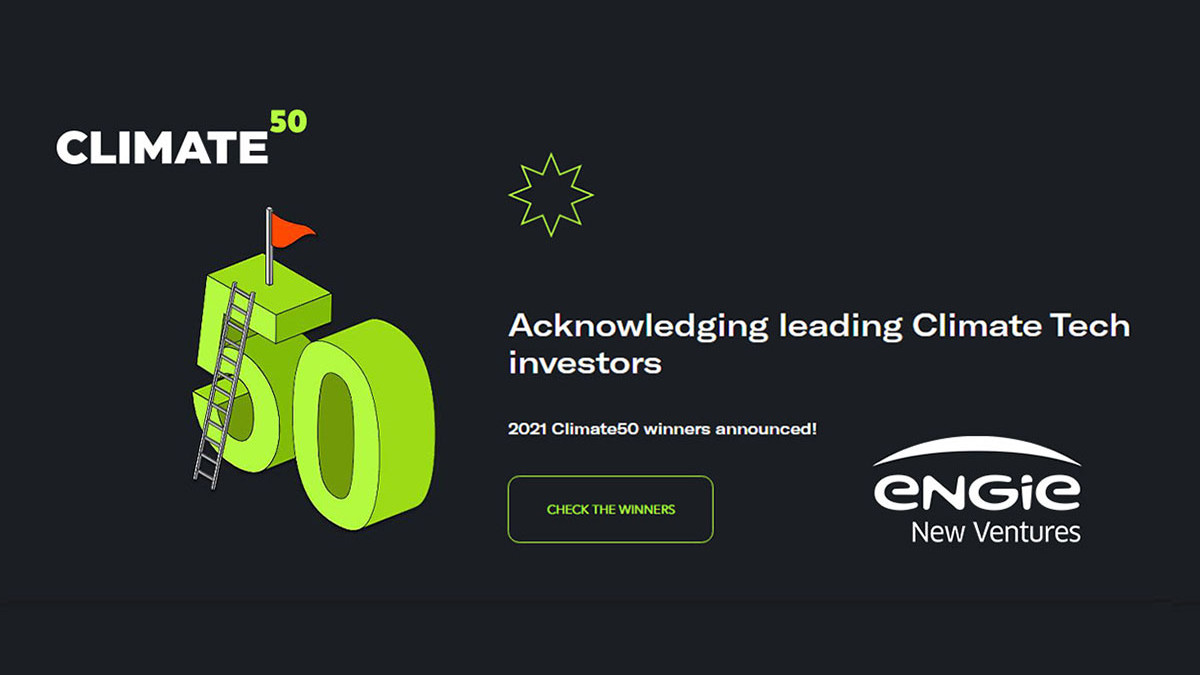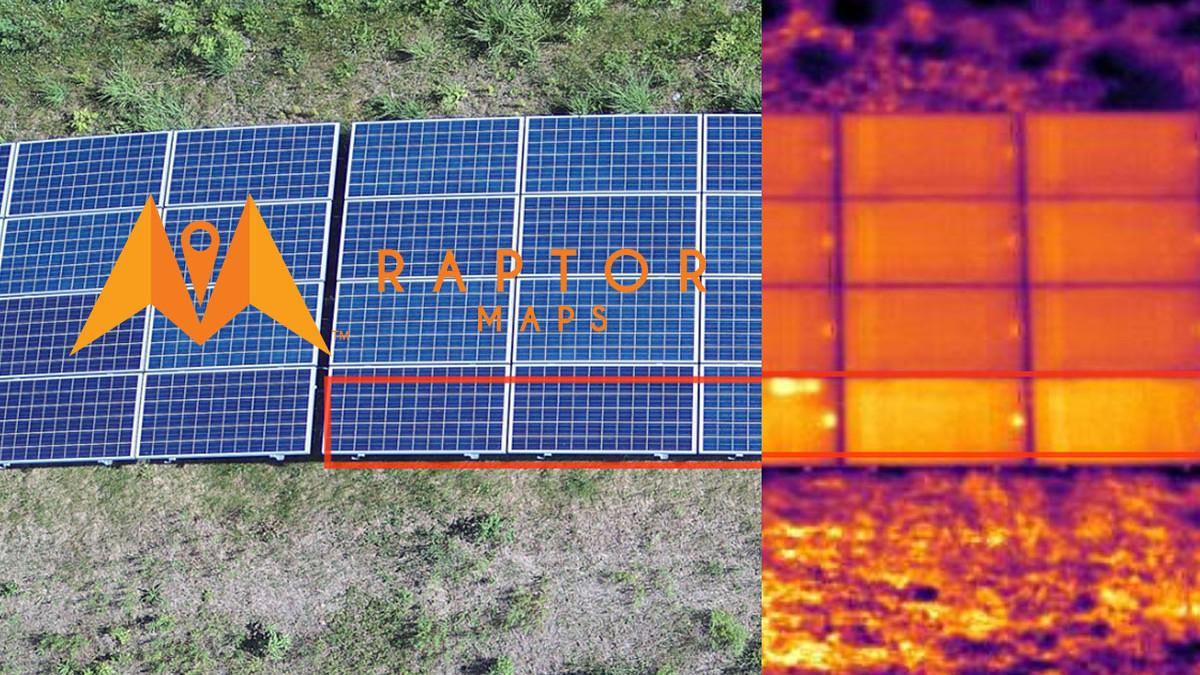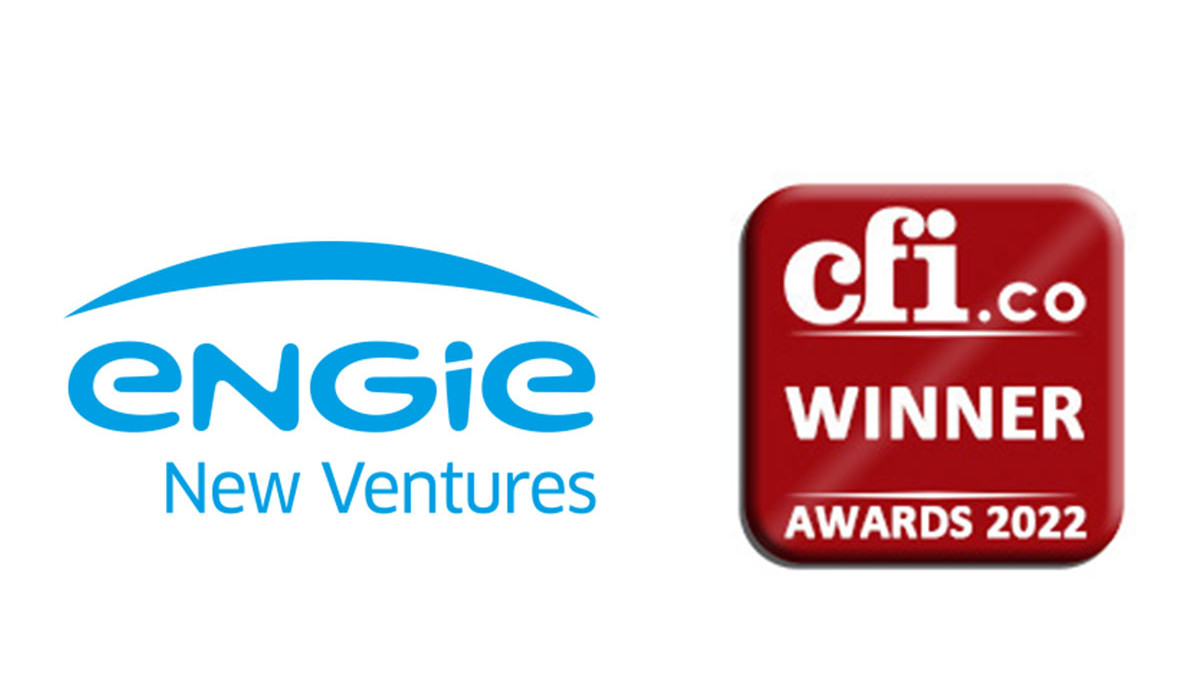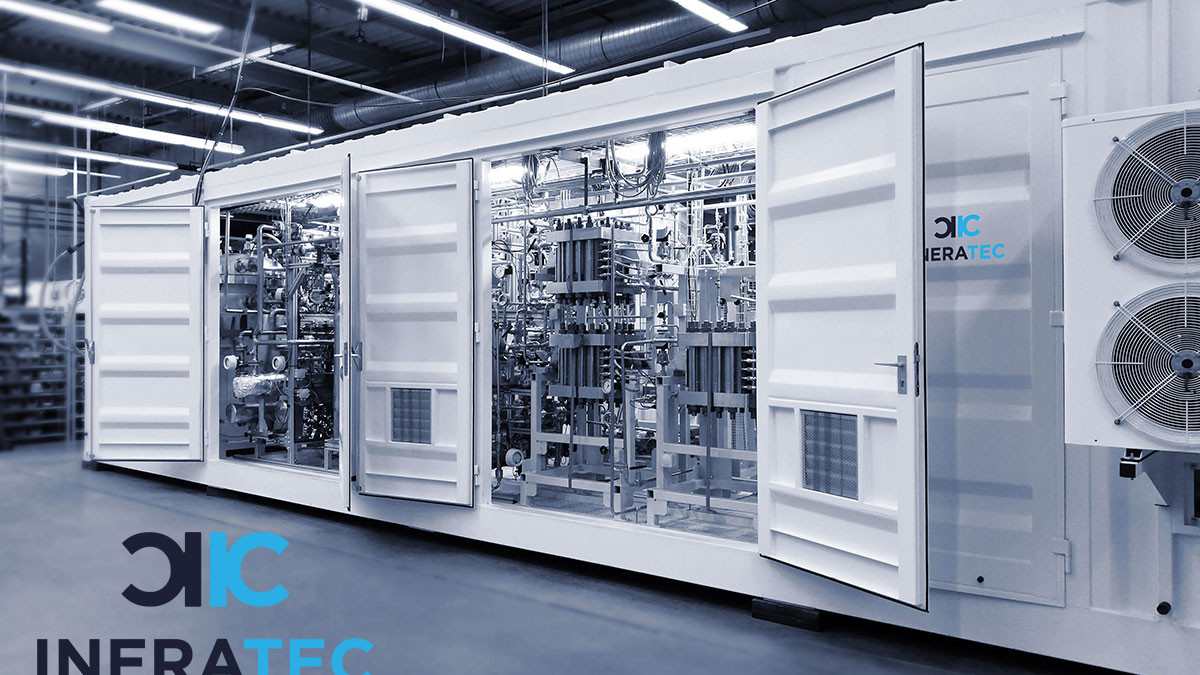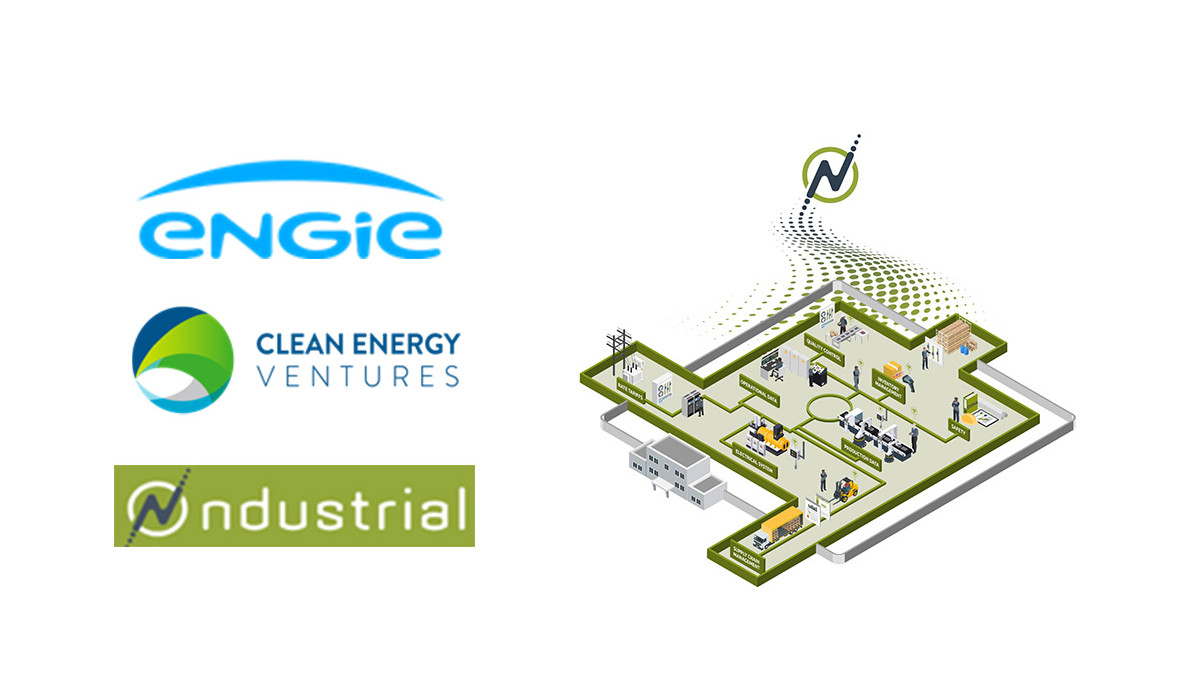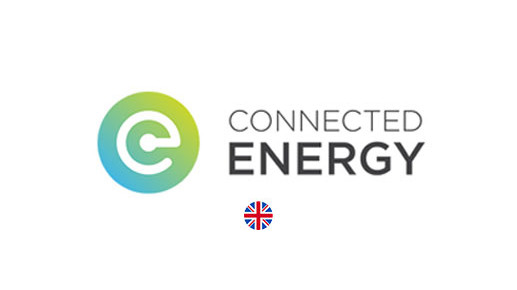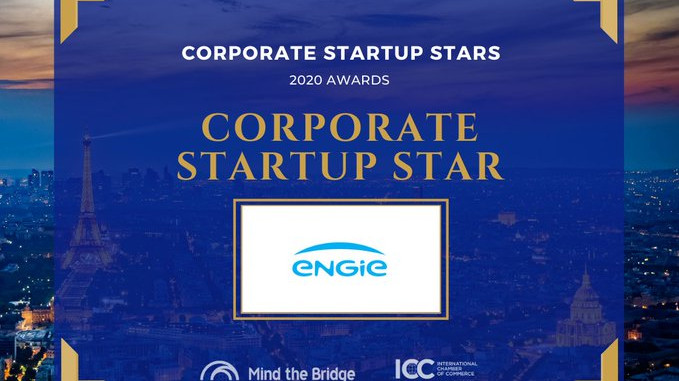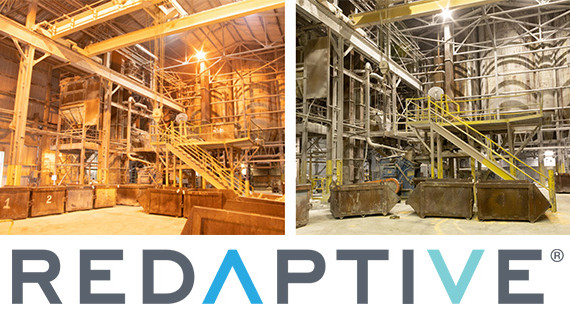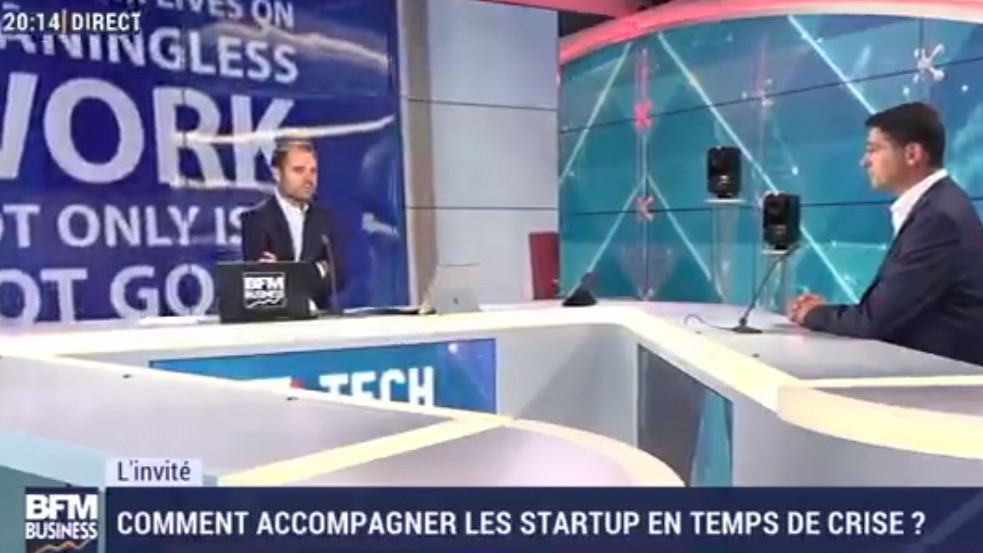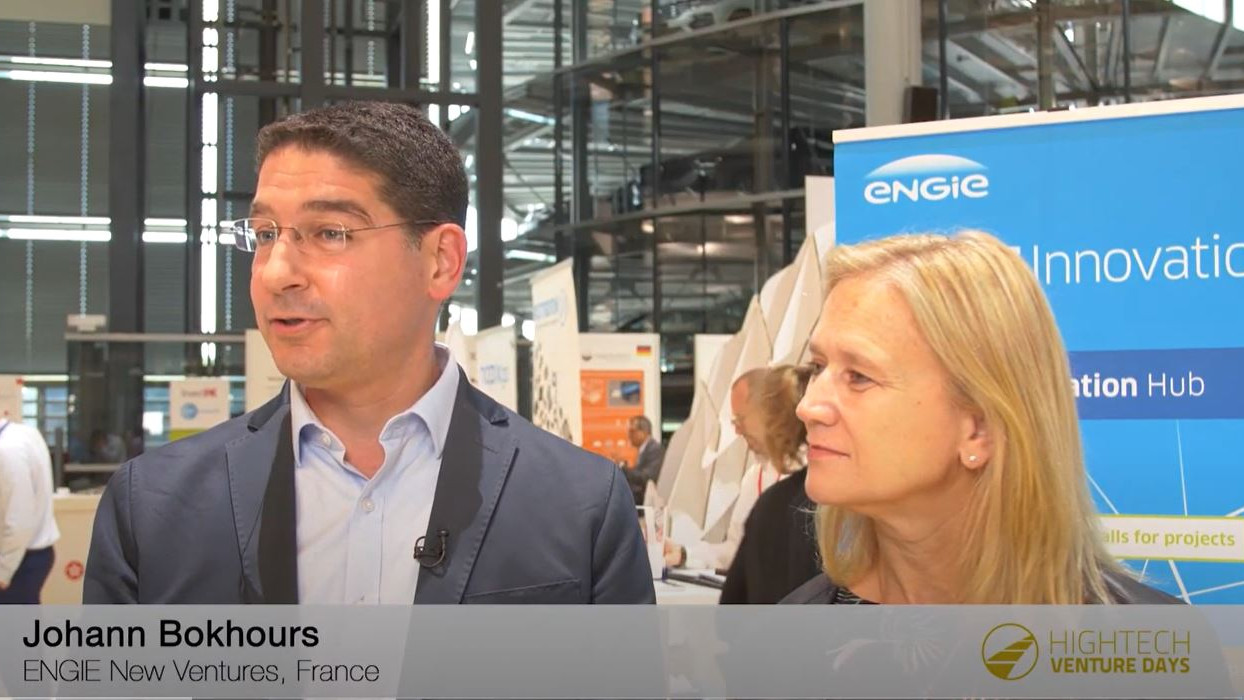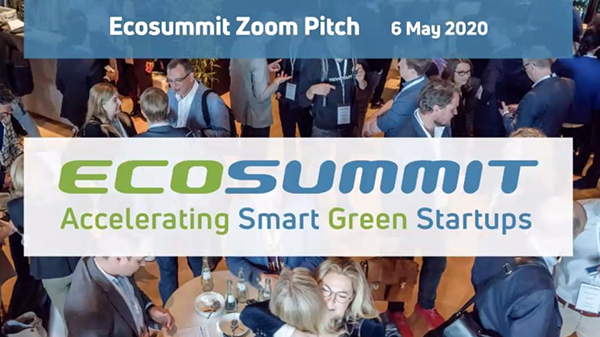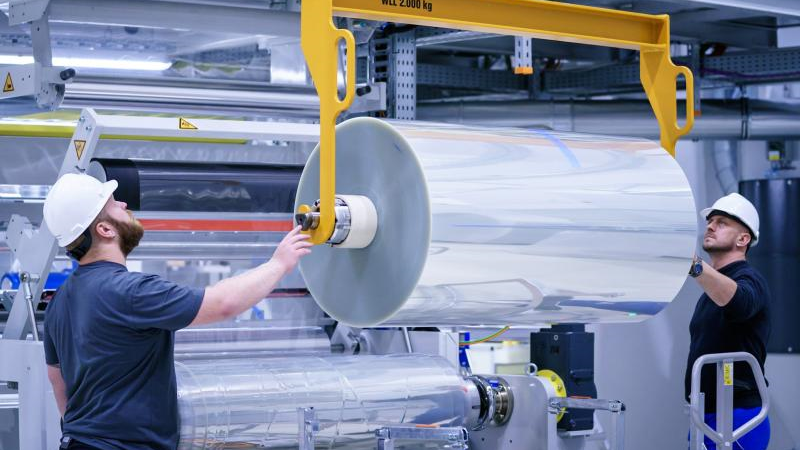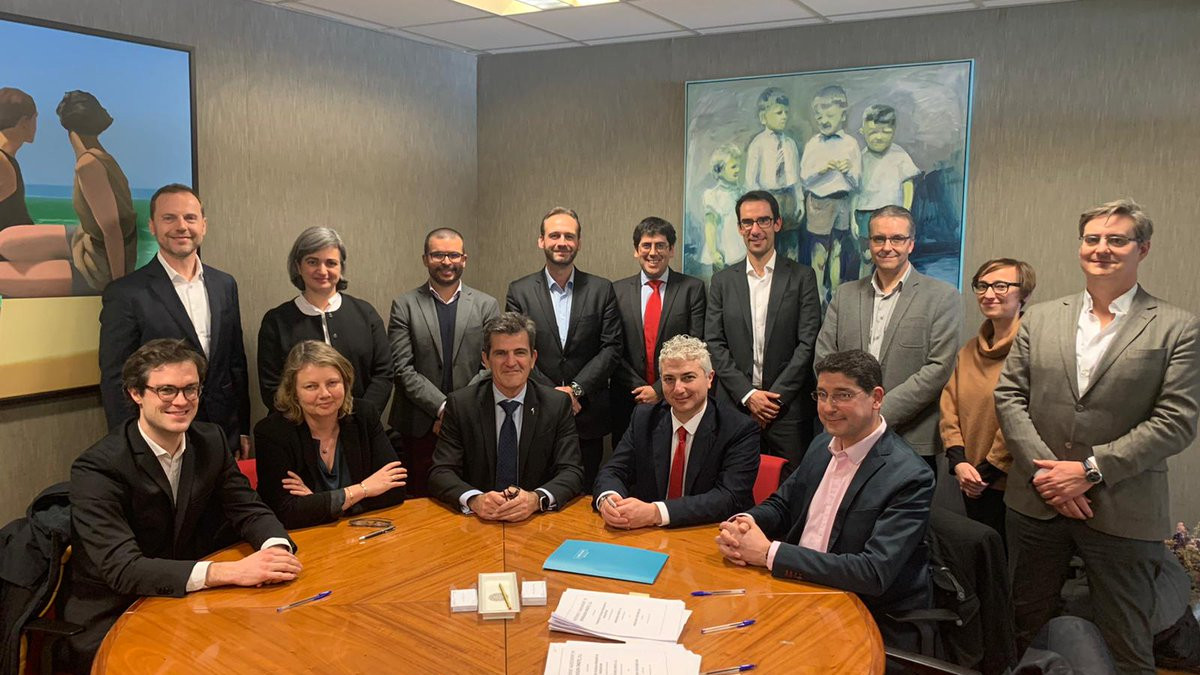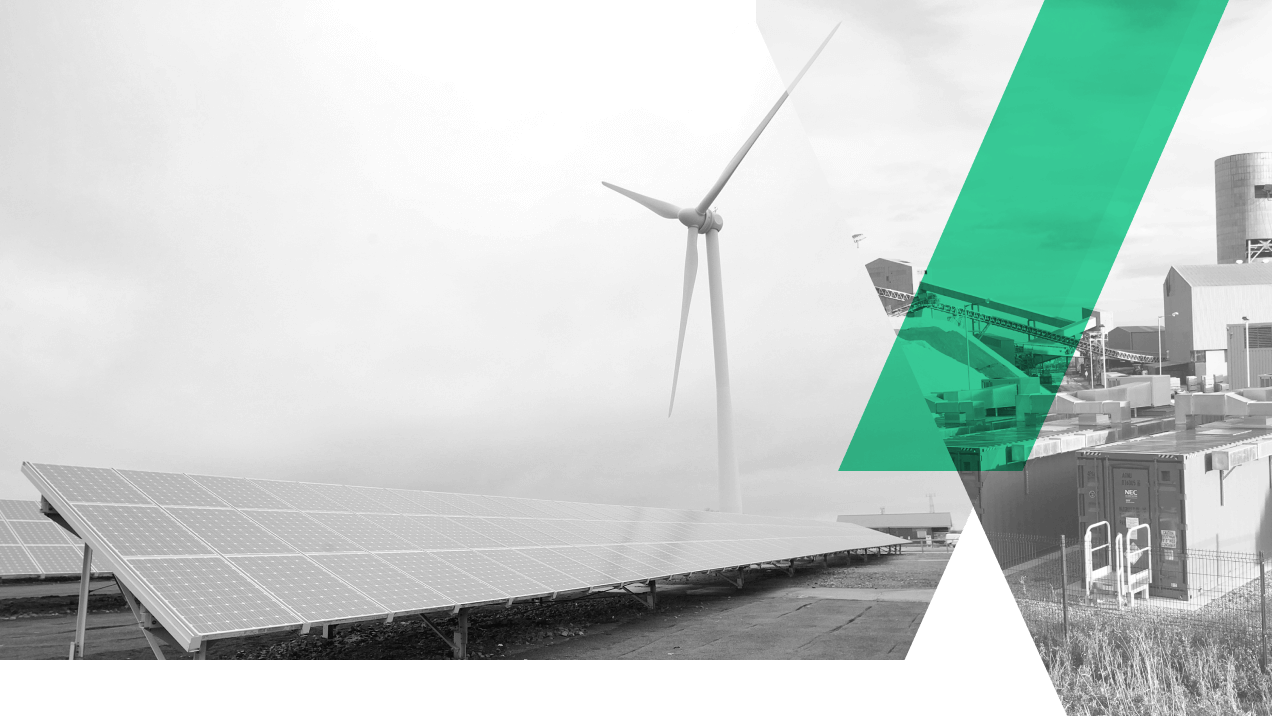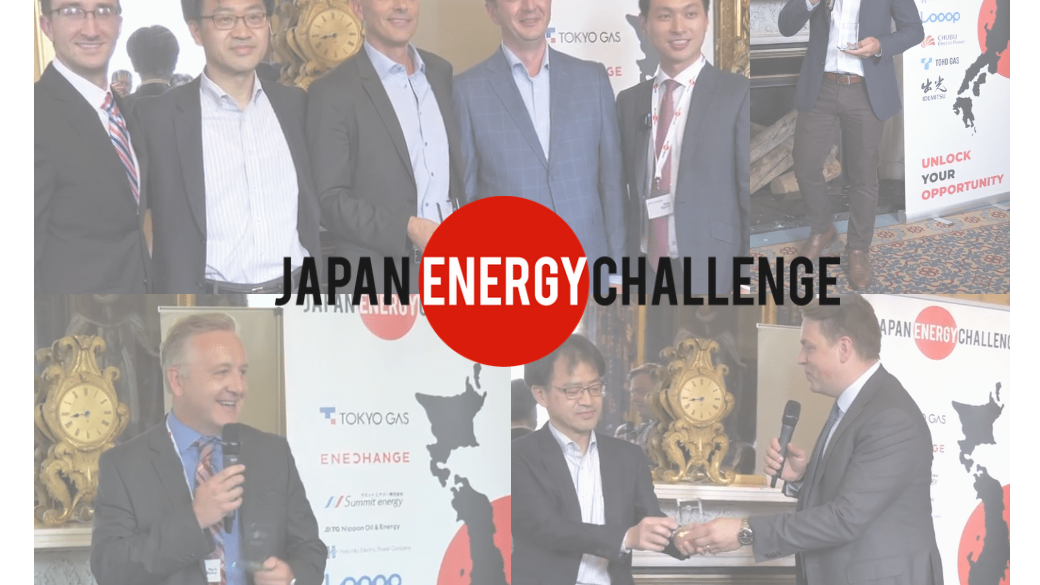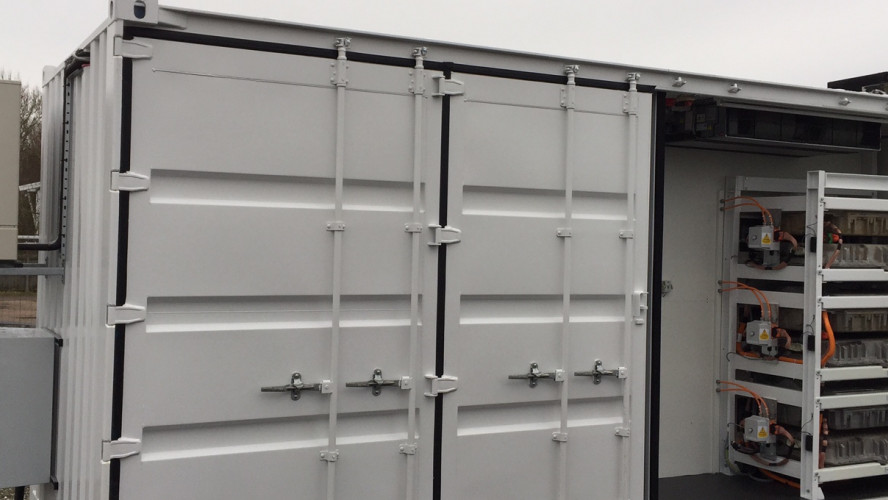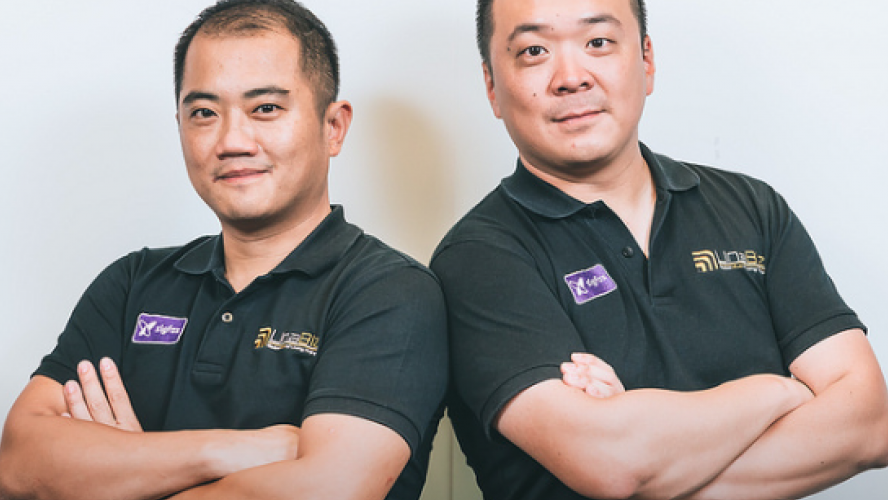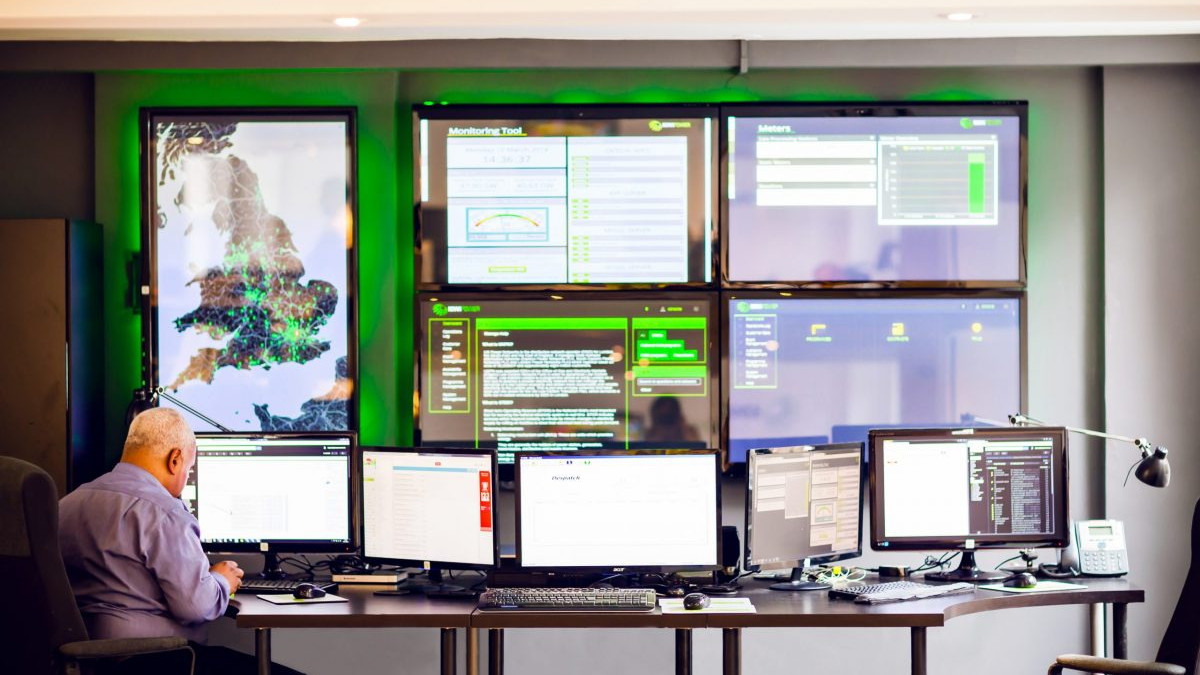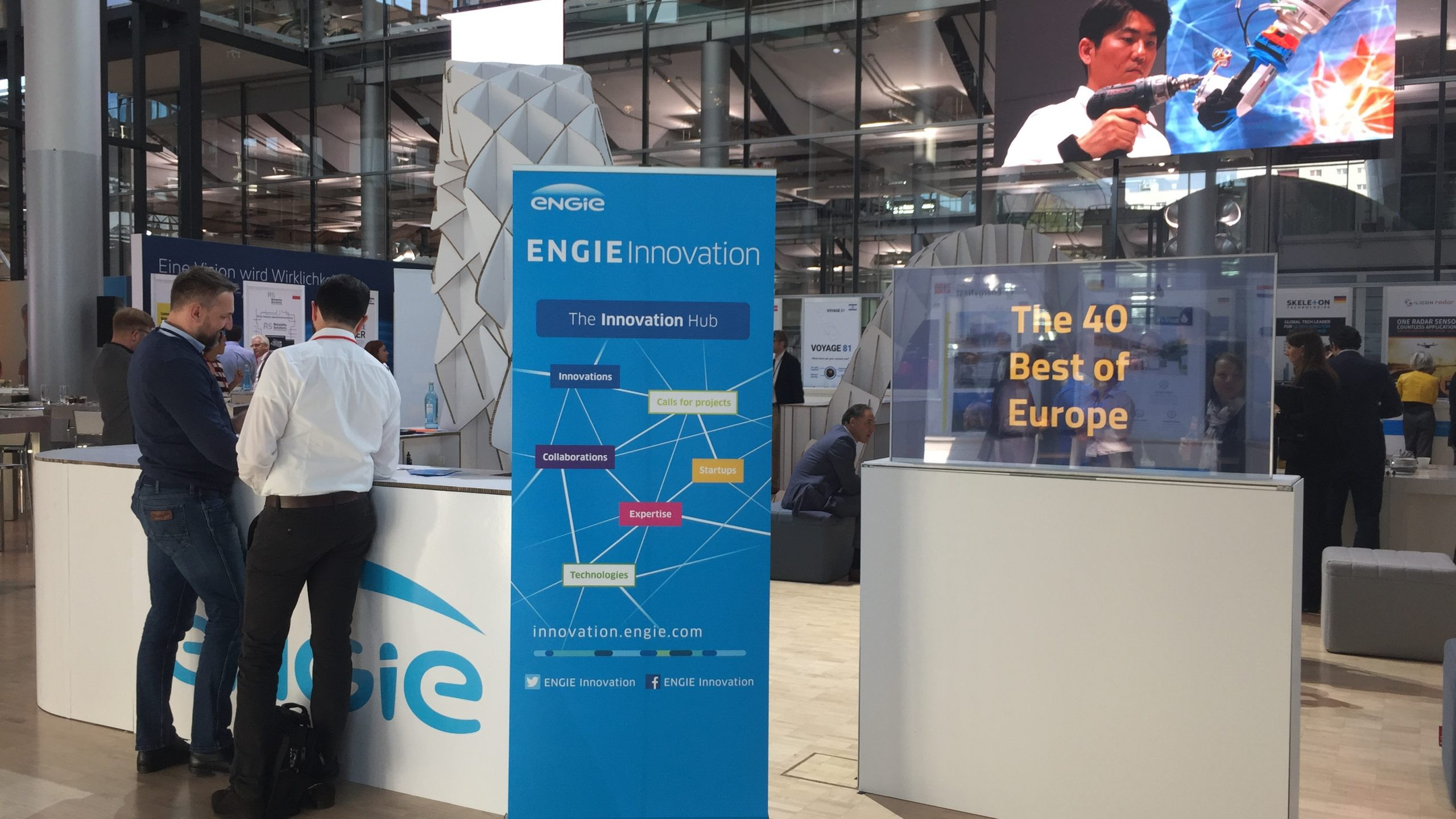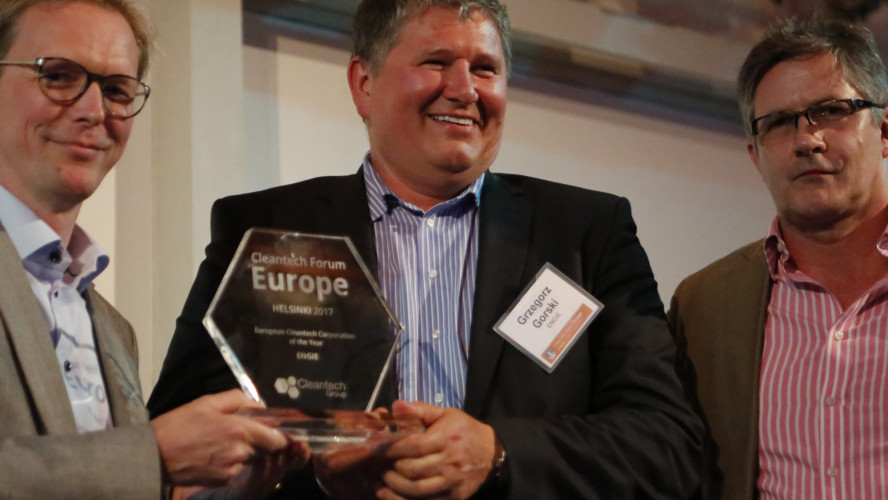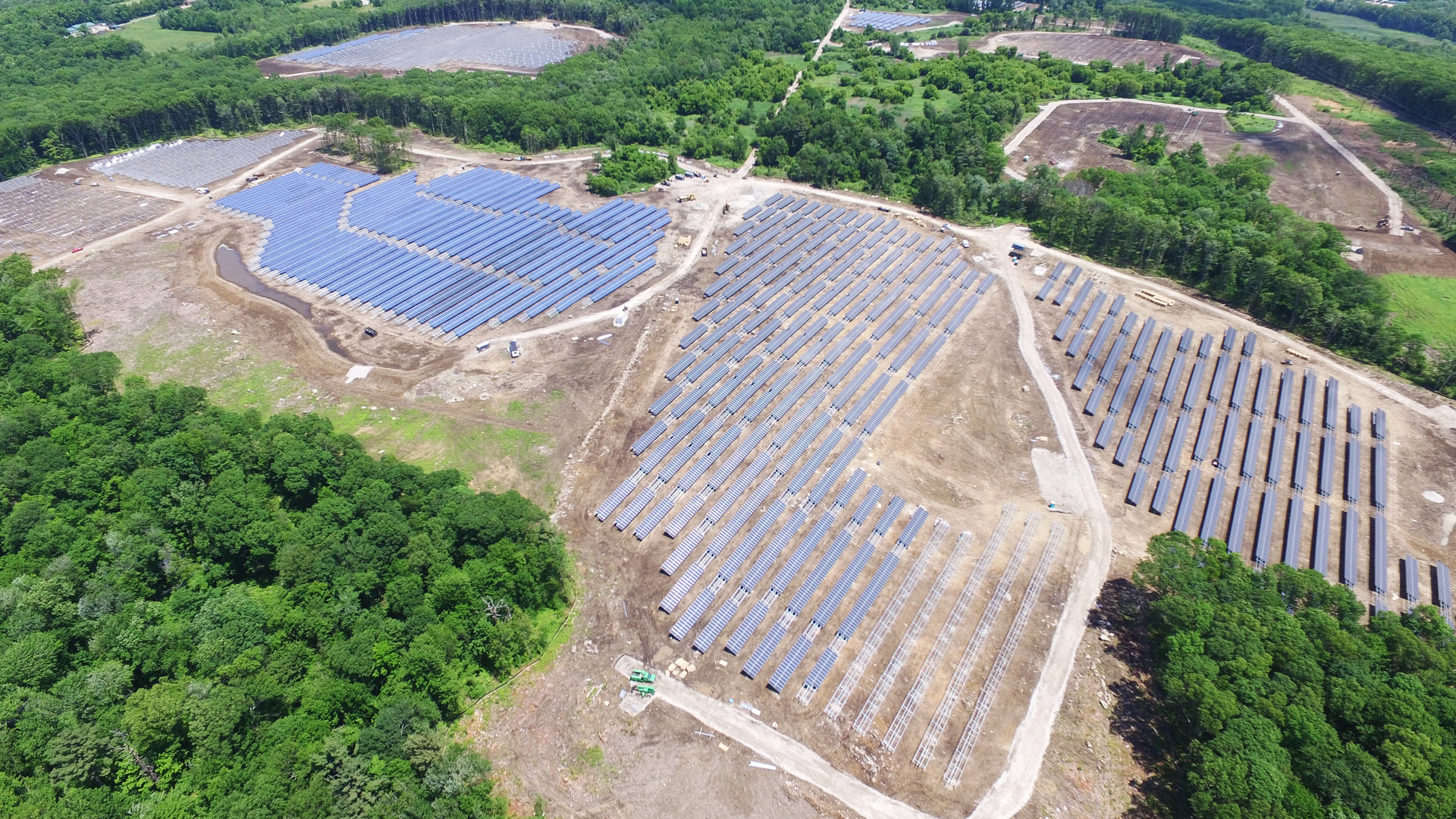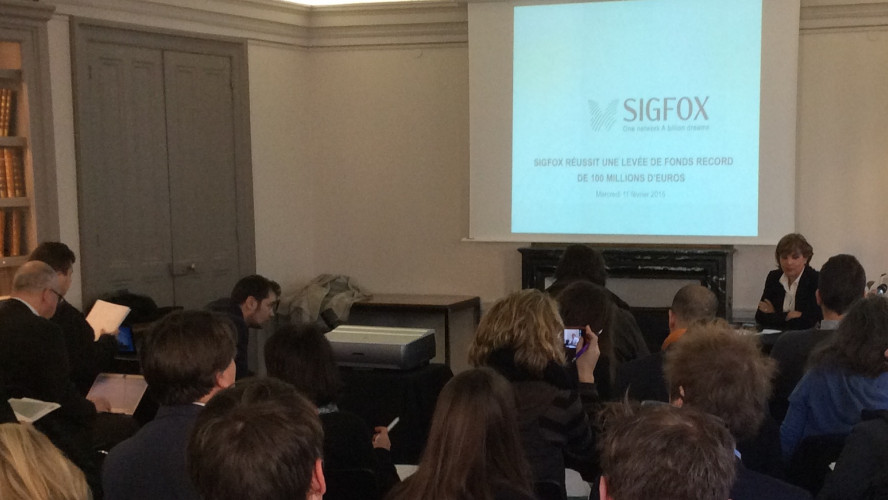Nigel PURCELL is an Investment Director in ENGIE New Ventures and we spoke to him about the effects of the Covid-19 crisis on the venture capital investment scene and the measures taken by ENGIE New Ventures to support its portfolio’s startups.
Q: Hello Nigel. First of all, any general remarks about the current Covid19 crisis?
It’s important to realize that the relationship of ENGIE New Ventures with our startups is a long-term investment and throughout the investment period a venture investor must be prepared for all sorts of unexpected events. In our view, Covid-19 is simply one of those events to be overcome in the life cycle of each of our portfolio companies.
Q: What are the effects on your startups?
There are three types of relationship which we generally have with companies:
- those already in our portfolio,
- those currently being considered for investment,
- and companies we are scouting to invest in.
the effects of the Covid-19 situation are different in each case.
Q: Let’s start with the portfolio companies.
ENGIE New Ventures is a corporate venture capital investor, set up as an evergreen fund with a long term strategy. This means we always have dry powder available on which to draw, unlike other types of funds who can be at different stages of their investment cycle. The startups in our portfolio know that if they have an immediate need of funds due to a shock event such as Covid-19 temporarily disrupting their cashflow, they can call on us. Our Managing Director, Johann BOUKHORS, underlines that “ENGIE New Ventures will support its start-ups as much as it is possible during these times”. Due to our governance set up, ENGIE New Ventures can respond quickly with investment decisions, outside of its monthly investment committee meetings.
For startups currently being considered daily activity is ongoing, ENGIE New Ventures is open for business. However, the situation differs according to the startup, the stage that has been reached, and how well we know them. For example, for a termsheet submitted before the crisis broke, we would honor that commitment and proceed along the normal lines for closing. If the startup is earlier in the process then we could expect a delay: from a practical point of view it is difficult to establish the level of due diligence required for an investment over Zoom. In this situation we move things around in the investment process, do what is possible now and wait until later for the rest. The implication of this is the that the length of time it takes to close new investments will be longer than normal.
“ENGIE New Ventures will support its start-ups as much as it is possible during these times”, states Johann BOUKHORS, Managing Director of ENGIE New Ventures
For potential new partners scouting continues, but the current situation changes the nature of it from face-to face meeting to online calls. For first calls, this is the usual process in any case, but as soon as we need to meet the team it becomes more complicated. Under normal circumstances, we meet at events such as the Cleantech Summits, but these by necessity have all migrated online. Other types of contact continue of course, from startups themselves, and referrals by other investors and people within ENGIE. Nevertheless, the main difficulty we face is to engage at depth with the startup, which normally involves experts on-site poking around under the hood for a couple of days; this is not possible at the moment. Consequently, things are taking longer.
So to resume, investments in our portfolio companies is on the increase, because of the current situation; that for startups in the pipeline it is business as usual, but slower; and that promising startups scouting will be about the same but with the process taking longer.
Q: What about the future? Do you think this crisis will change the Venture Capital landscape?
Perhaps not immediately; but Covid-19 is a worldwide shock that, from a business point of view, will shake out in different ways for various industries. From a cleantech investment perspective, certain trends are likely to be accelerated: for example, the acceptance of digital tools in industry and working from home have been given a huge boost in the last few weeks. In the long term, it could also be a window of opportunity for the integration of technologies like video, AI, connectivity and automation in industry and a push in the right direction for different types green mobility.
I believe that the impact of Covid-19 will show that the green agenda and the energy transition have become more resilient when compared with past crises. Typically, in times of recession and low oil prices it can be put on the back burner. However climate change is now seen as the next global crisis we will face and therefore, the importance of energy transition has increased on the investor agenda. As such there is no reduction of commitment towards startups helping to create this change. Aware of the importance of these innovation ecosystems (across all industries), states across Europe are currently rolling out programs supporting startups, thus recognising their importance to the current and future competitiveness of their economies. France, Germany and the UK, for example, have acted swiftly. All this may well lead to the increased competitiveness of European companies in the long term.
On the flip side, Covid-19 may well be the catalyst which acts as a cull for startups. After a long period when plenty of capital was available, we are likely to see a situation when only the very best ideas survive, clearing out the weakest and leaving a more robust startup scene in general. Looking back to the previous crash in 2008, we can see an impressive list of startups founded at this time which have transformed various industries and become household names (Airbnb, WhatsApp, Uber, Instagram, Slack, or Okta to name just a few). Let’s hope similar trends happen this time, and that the energy transition is able to embrace technology to create the cleantech ‘household name’ companies of the next 10 years.
Q: A final word to sum up, perhaps?
I think it’s important to maintain a sense of perspective. While Covid-19 is a global shock whose consequences will be with us for a long time to come, people and industries adapt and continue. For investors it constitutes one event among others in the series of ups and downs which are a normal part of any long-term capital management process.
About ENGIE New Ventures : The ENGIE’s corporate venture arm, invests in disruptive startups to acquire strategic options supporting its carbon-neutral strategy. It is a 180M€ fund, founded in 2014 with offices in Paris, San Francisco, Singapore, Santiago, Mexico and Tel Aviv. To date, ENGIE New Ventures has deployed over 120M€ of capital across 25 investments worldwide, with an emphasis on Europe, North America, Israel and Asia.

In the news
June 13, 2022
Meet ENGIE New Ventures at Viva Technology 2022
December 17, 2020
ENGIE’s startup collaboration strategy reaps accolades
June 30, 2020
How ENGIE New Ventures Has Adapted To The Crisis
February 2, 2020
Gogoro pitch on Change NOW exibition on ENGIE Booth in Paris
January 6, 2020
ENGIE New Ventures & Vyntelligence
November 20, 2019
Japan: NICIGAS connects 850,000 Gas Meters with UnaBiz and SORACOM
September 26, 2019
ENGIE New Ventures invests in smart radiators from Lancey Energy Storage
September 16, 2019
KiWi Power – Winner of Japan Energy Challenge 2019
January 29, 2019
Opus One named as a Global Cleantech 100 company
January 10, 2019
StreetLightData at CES 2019
January 9, 2019
Unabiz at CES 2019
January 9, 2019
HomeBiogas at CES 2019
December 18, 2018
ENGIE at CES 2019 : HomeBiogas
December 13, 2018
Opus One Solutions Closes Series B Funding Led by Renewal Funds
December 12, 2018
ENGIE at CES 2019 : UnaBiz
December 11, 2018
ENGIE at CES 2019 : Streetlight Data
December 6, 2018
ENGIE at CES 2019 : Kiwi Power
December 4, 2018
ENGIE at CES 2019 in Las Vegas
November 2, 2016
ENGIE invests in Serviz and Opus One Solutions
May 31, 2016
Kiwi Power, ENGIE partner startup
February 26, 2016

